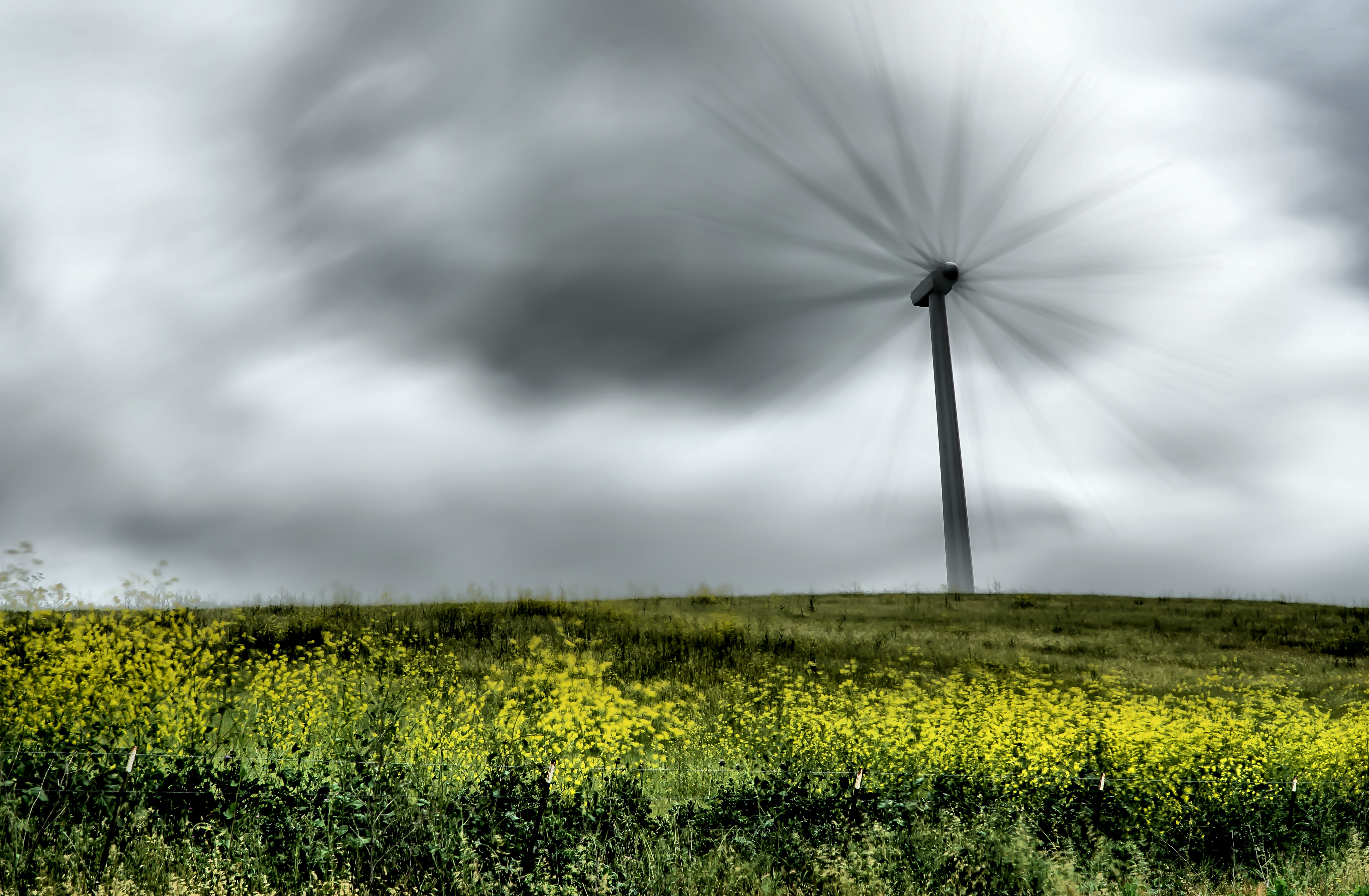На прошлой неделе закончилось время для обратной связи по регламенту деятельности Фонда Справедливого Перехода (Just Transition Fund, JTF), предложенному ЕС. Среди более 150 организаций и частных лиц, представивших свои комментарии, была и Международная сеть НПО ЦВЕ «Бенквоч».
Footer
![]()
CEE Bankwatch Network gratefully acknowledges EU funding support.
The content of this website is the sole responsibility of CEE Bankwatch Network and can under no circumstances be regarded as reflecting the position of the European Union.

Unless otherwise noted, the content on this website is licensed under a Creative Commons BY-SA 4.0 License
Your personal data collected on the website is governed by the present Privacy Policy.
